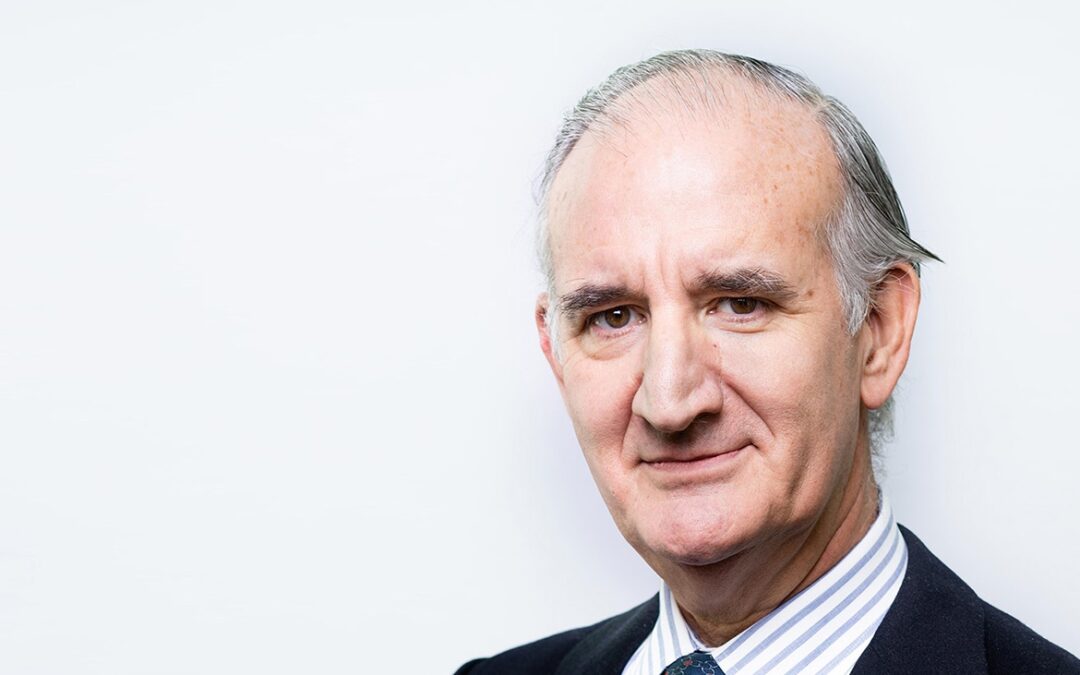FIDIC vice president, Luis Villarroya, tells Infrastructure Global that we need governments to set a clear path on climate change, and that engineers must get better at telling the world about their solutions and impact.
Few industries will be able to turn the commitments made at COP26 into action quite like the infrastructure sector. We’ve spoken with Luis Villarroya (LV), FIDIC vice president, about how it can be achieved.
IG: The UN has asked countries to come forward with ambitious 2030 emissions reductions targets that align with reaching net zero by the middle of the century. What would you most like to see done to ensure industry can turn those targets into actions?
LV: “I believe that without a clear determination by governments for imposing the necessary actions, the industry cannot react quickly enough. So it is necessary for the authorities around the world to set the rules and facilitate the financing for the change we need to see.”
IG: The UN has warned that our climate is already changing and will continue to change even as we reduce emissions, with devastating effects. What needs to be done to better ensure adaptation and resilience is achieved – especially for some of the poorest communities most effected?
LV: “To start, it is necessary to tackle the perception that inevitable change is an excuse for those not motivated to overcome climate change. Additionally, the weakest countries will have to be equipped with the necessary financing tools to undertake the large investments that are needed. It is not enough to say that environmental impact must be reduced. The world has to say how it is done and with what recourses.”
IG: The UN has emphasised that to deliver on the first two goals, developed countries must make good on their promise to mobilise at least $100bn in climate finance per year. How can our industry help to ensure international financial institutions and governments feel confident that this money will secure the most effective outcomes?
LV: “Our companies have always been responsible for ensuring that the resources committed on behalf of citizens are put to the best possible use. In tackling climate change, the engineering sector will continue to be the best guarantors of efficiency in turning resources into outcomes.”
IG: The UN has also stressed that we can only rise to the challenges of the climate crisis by working together. What can be done to better demonstrate that a culture of collaboration is productive for governments, clients, contractors and supply chains?
LV: “It must be demonstrated to the whole world that the impact of pollution in one country, influences all other countries. That is very easy to expose with historical data and records so we need to ensure all citizens are convinced that what they do in their local environment affects both positively and negatively, other far away regions.”
IG: And finally, as an industry, we need to offer tangible solutions and point the way to achieving better outcomes. What can and should be done better to demonstrate that decarbonisation across infrastructure aligns with empowerment of local communities and engagement of young people?
LV: “We have to tell the world what we are doing to contribute to decarbonisation. Engineers are often not prone to self-advertising but that is something that must change so that we can show everyone how our solutions have contributed to every community’s objectives.”
The post “Engineers will be the best guarantors of efficiency in turning resources into outcomes” – Luis Villarroya appeared first on Infrastructure Global.

